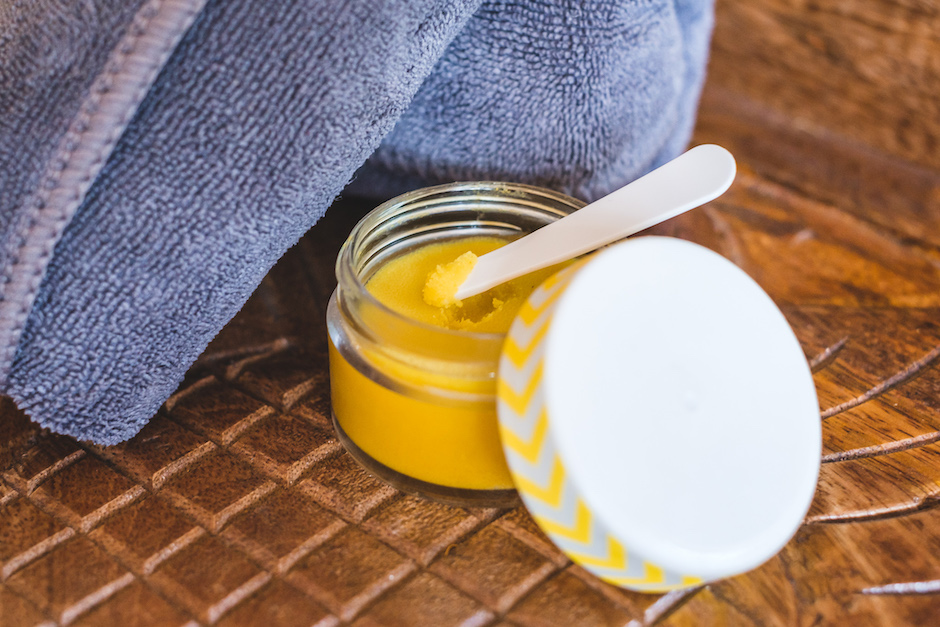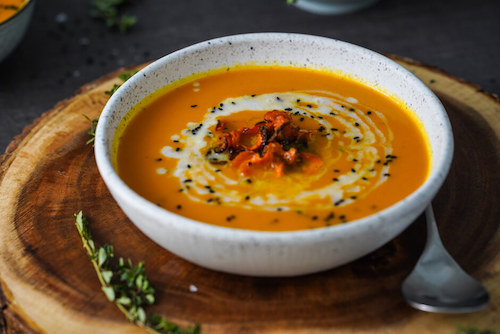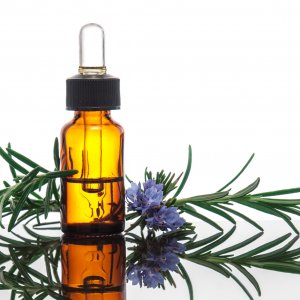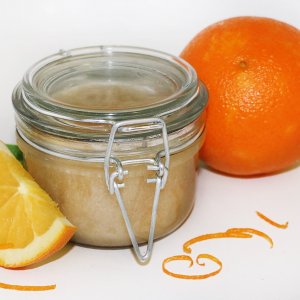Turmeric has long been used to flavor foods and as a medicinal herbal remedy. Bountiful claims about the health benefits of turmeric include: slowing the aging process, reducing inflammation, improving skin health and cognitive function, easing menstrual difficulties, treating depression, alleviating pain, protecting the digestive tract, and even preventing cancer.
What is Turmeric?
Turmeric (Curcuma longa) is a perennial herb in the ginger family native to India. Curcumin, the primary compound in turmeric, provides its characteristic yellow-orange hue as well as many healing properties. For centuries, many cultures have used curcumin and turmeric as a spice in curries as well as for medicinal purposes. This “super herb” is a powerful antioxidant that protects the body from free radical damage as well as inflammation.

Health Benefits of Turmeric
Wound Healing
Curcumin has antiseptic and anti-inflammatory properties that can accelerate healing of wounds. Additionally, it can also help reduce the appearance of scars on the skin.
Skin Benefits

Curcumin can combat a number of skin disorders, ranging from discoloration and inflammation to skin cancer. Turmeric also protects against free radical damage to slow the process of aging. This helps preserve the elasticity of the thin skin around the eyes to prevent fine lines. To reap the benefits, check out this Turmeric Eye Brightening Cream.
It can also help treat acne by inhibiting the growth of bacteria and reducing oil produced by the sebaceous glands.

Detoxification
Curcumin is a polyphenol with anti-inflammatory, antioxidant and anti-fibrogenic properties to protect the liver. In addition, studies show that it increases detoxifying enzymes in the liver, while healing and repairing hepatic damage. Learn more about using turmeric to detoxify the body here.
Cognitive Health
Numerous studies point to curcumin as a neuro-protective remedy. In fact, some studies show that it can even prevent and reverse the degeneration of neuronal cells to combat Alzheimer’s disease and other cognitive disorders. Curcumin is highly efficient in clearing out amyloid plaque, which is a major indicator of Alzheimer’s progression. As a regular part of a healthy diet, turmeric can help boost memory and concentration.
Cardioprotection
Studies show that turmeric helps reduce cholesterol levels. Thus, it may offer protection from cardiovascular disease and metabolic syndrome. It also contains vitamin B6, which further boosts cardiovascular health.
Turmeric also has anticoagulant properties to prevent blood clots. Curcumin prevents platelets from clumping together when they shouldn’t.
Prevention of Cancer
Studies about turmeric’s ability to help fight cancer abound. Research shows that turmeric can help prevent and combat numerous types of cancer by inhibiting tumor growth and reducing free-radical damage. Studies include data for the potential to combat stomach, skin, colon, prostate, esophagus, breast, ovarian, cervical, lung, mouth, blood, pancreas, and liver. (So, pretty much all cancers.)

Emotional Health
Other studies point to the ability of turmeric to treat depression and anxiety in people with depressive disorders.
Gastrointestinal Health
Turmeric protects the GI tract through its anti-inflammatory effects. It also increases the secretion of gastrin, secretin, bicarbonate, gastric wall mucus and pancreatic enzyme. At the sane time, it inhibits intestinal spasms and ulcer formation caused by stress and other factors. This can help alleviate ulcerative colitis, dyspepsia, irritable bowel disease, and other digestive complaints.
Pain Relief
As an anti-inflammatory agent, curcumin increases circulation and may help alleviate various kinds of pain. Studies include evidence of postoperative, menstrual, osteoarthritis, and dental pain relief.
How to Take Turmeric
You can find curcumin / turmeric in supplements, lattes, golden milk, immunity shots, energy bars, teas, tinctures, and more. You can also add powdered turmeric into smoothies, curries, and other recipes for an added boost of nutrition.
Try this Carrot, Ginger, and Turmeric Soup for a warming meal with healing turmeric.

Want more great education about natural health and wellness? Come check out Wellness Made Simple!












